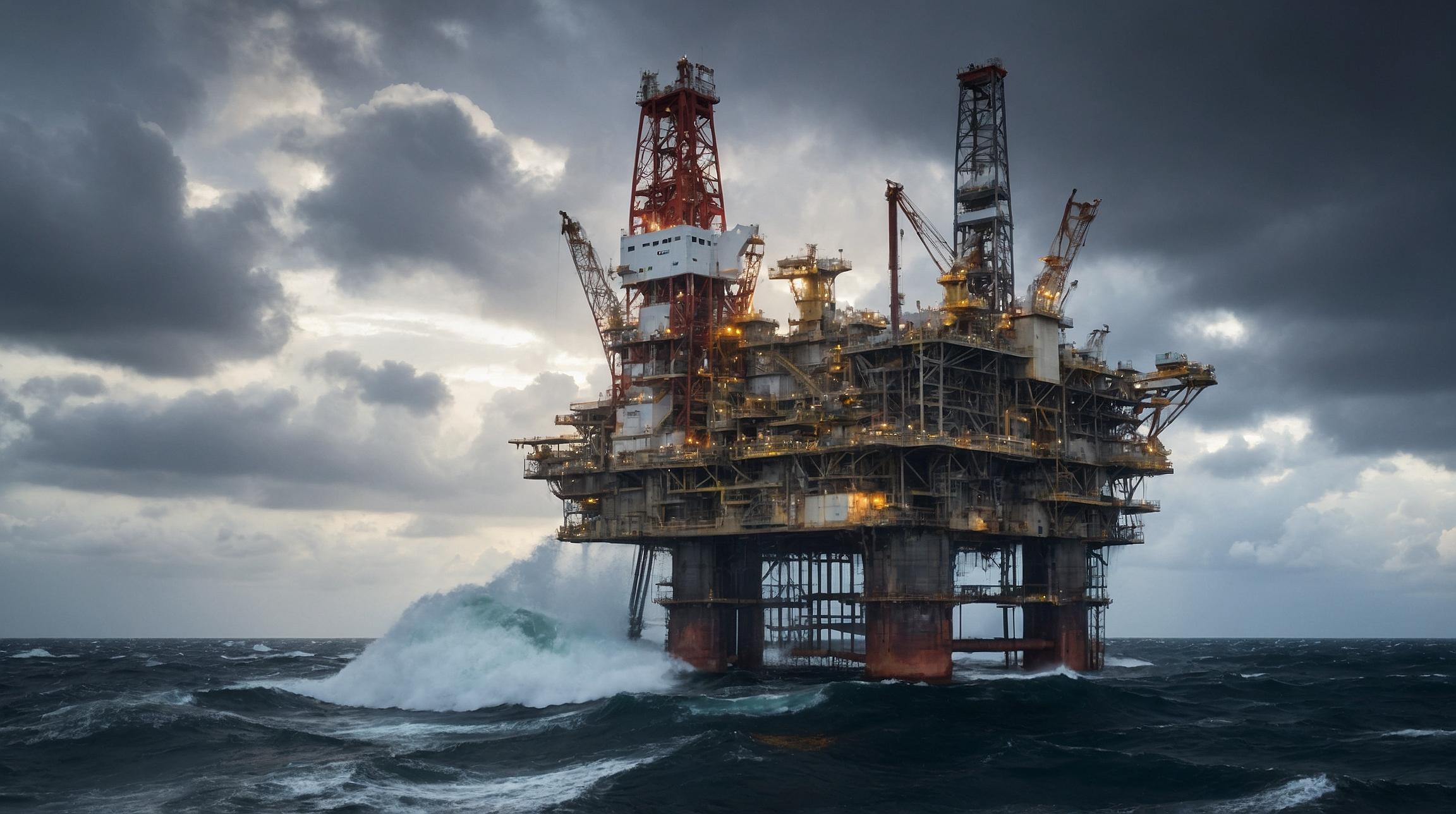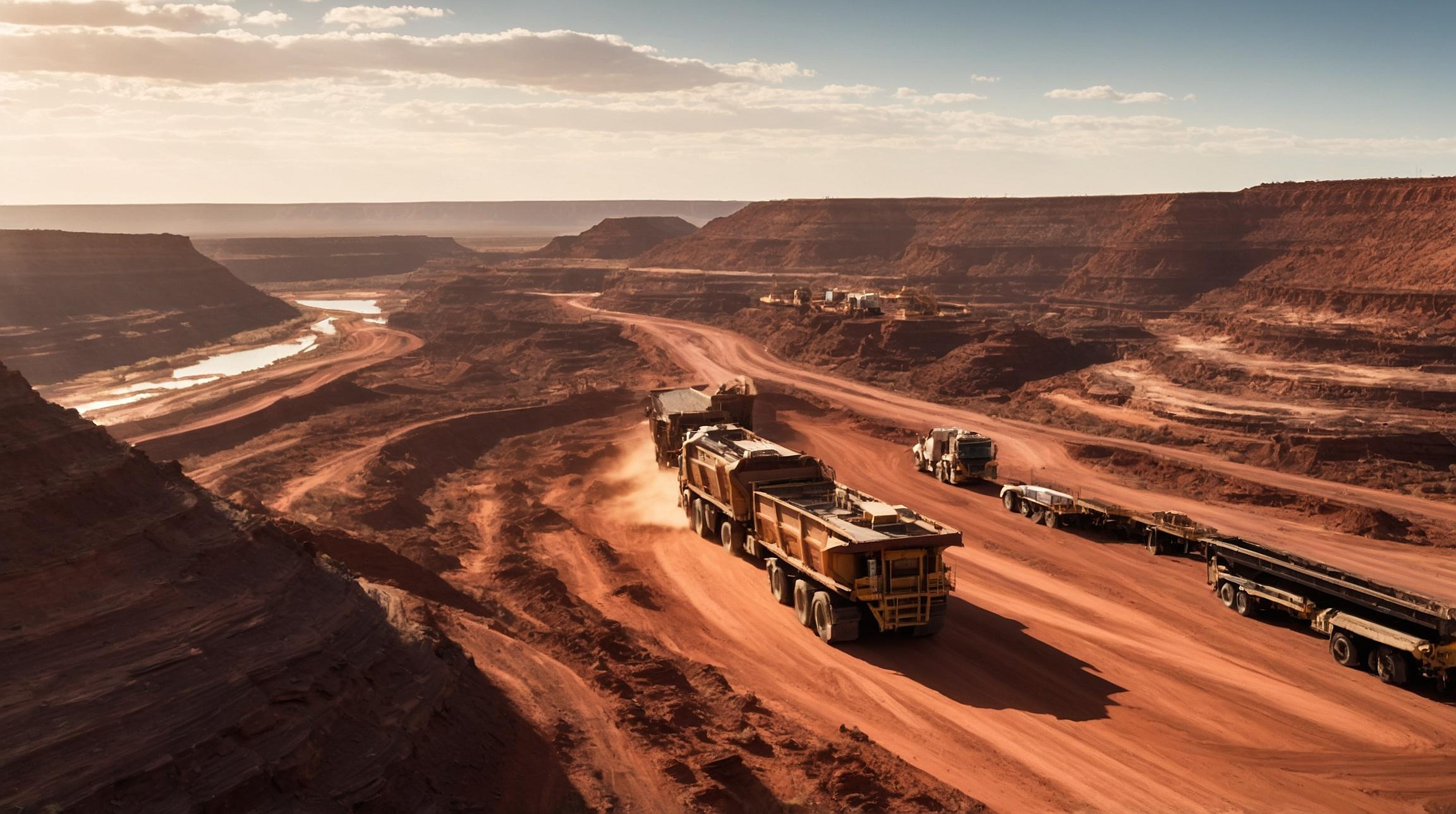States Sue US to Block Biden's Rule for Oil Firms to Guarantee Payment for Old Wells
Texas, Louisiana and Mississippi are taking action against the U.S. government to prevent a new rule from the Biden administration. This rule would make the offshore oil and gas industry pay nearly $7 billion to cover the costs of dismantling old infrastructure. The rule is expected to take effect later this year and will mostly impact smaller companies that don't have strong financial ratings or enough oil reserves.
The U.S. Bureau of Ocean Energy Management (BOEM), which introduced the rule, said it could affect around three-quarters of operators in the Gulf of Mexico. The BOEM, however, declined to comment on the lawsuit.
Protecting Taxpayers
When the rule was announced in April, the Department of the Interior stated the aim was to "protect taxpayers" from covering costs that the oil and gas industry should bear when offshore platforms need decommissioning. Decommissioning can be very expensive, reaching billions of dollars. If companies go bankrupt or sell assets to smaller companies without enough resources, taxpayers might have to pay these costs.
Legal Challenge
The lawsuit was filed by Louisiana Attorney General Liz Murrill in a Louisiana federal district court, with support from the attorney generals of Texas and Mississippi. Murrill described the new rule as an "egregious direct assault" on intermediate-level oil and gas producers, which impacts many businesses in their states. Kevin Bruce, the executive director of the Gulf Alliance, argued that the rule imposes unnecessary financial burdens on small to mid-size energy producers and could affect all Americans.
Financial Impact
Since 2009, about 37 offshore oil and gas operators have filed for bankruptcy. Mike Minarovic, CEO of Arena Energy, warned that the rule could cost his company around $800-850 million in surety bonds. Minarovic mentioned that securing these bonds has become more difficult due to recent market trends. If companies can't provide the bonds in time, it might lead to platform shut-ins or even companies going out of business.
Current Situation
According to the U.S. Government Accountability Office, more than 2,700 wells and 500 platforms in the Gulf of Mexico are overdue for decommissioning. To address this, the BOEM is requiring operators to offer additional surety bonds, aiming to shield taxpayers from the financial burden. The BOEM currently holds around $3.5 billion in bonds to cover estimated decommissioning costs between $40 billion and $70 billion.
Future Implications
Under the new rule, companies must meet these financial assurance demands within three years. It remains uncertain whether the rule will pressure offshore production. The Gulf of Mexico produces about 1.8 million barrels per day of oil, which accounts for roughly 14% of total U.S. output.
Mike Scott, the national oil and gas campaign manager for the Sierra Club, stated that "these (oil) companies should pay their fair share and clean up the mess they leave behind", underscoring the necessity of such assurances.
This new regulation is intended to ensure that oil companies are responsible for their aging infrastructure, ultimately protecting taxpayers from hefty decommissioning costs.
Key Phrases and Keywords:
- Biden administration
- $7 billion in financial assurances
- U.S. Bureau of Ocean Energy Management (BOEM)
- Protect taxpayers
- Decommissioning old wells
- Louisiana Attorney General Liz Murrill
- Unnecessary financial burdens
- Arena Energy
- Gulf of Mexico
- Surety bonds
- Sierra Club
This balanced perspective adheres to the Google EEAT (Expertise, Authoritativeness, Trustworthiness) guidelines, ensuring factual reporting and accurate information.













